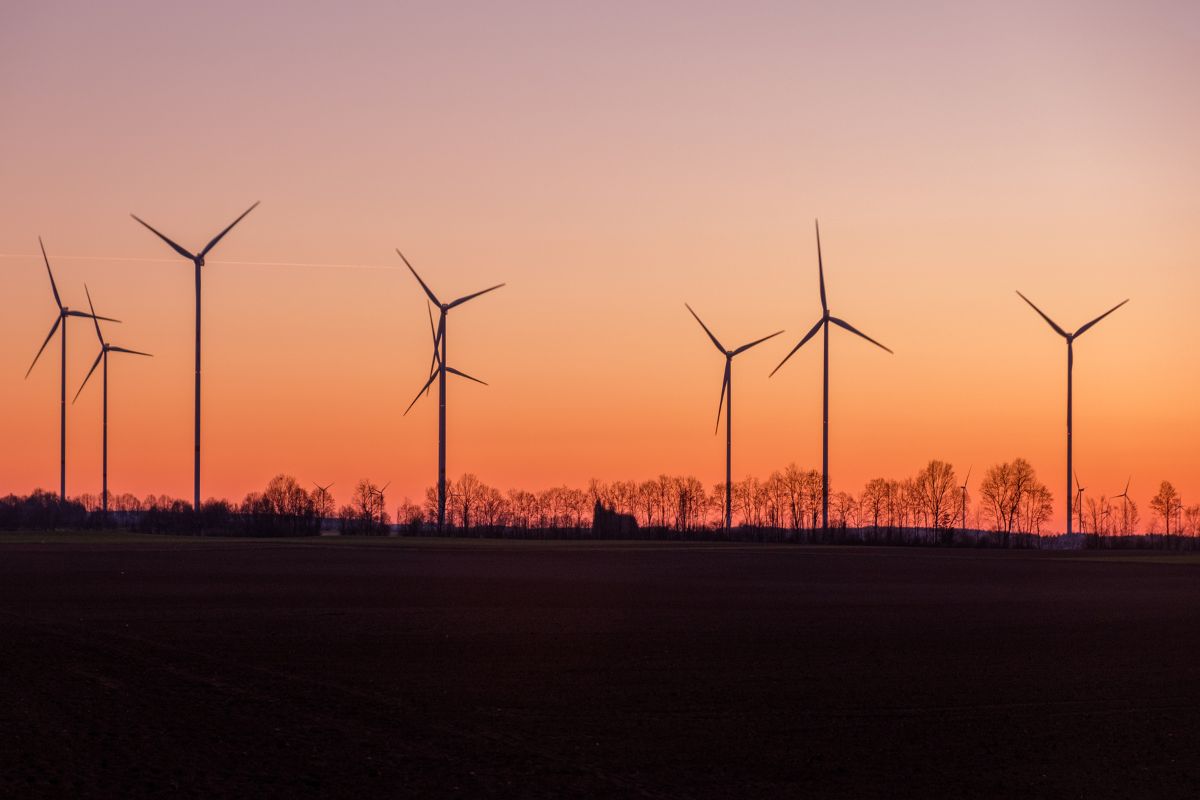Education and Sustainable Development

Today, as we celebrate World Earth Day, we reflect on the journey that began in 1970. Over the past fifty years, World Earth Day has evolved into a global platform addressing the adverse impacts of pollution, industrial development, and other environmental challenges. This year, the focus is on a crucial initiative: reducing plastic production by 60% by 2040, highlighting the urgency of climate action. Discover more about this campaign on earthday.org.
Education and Sustainable Development
The UK is committed to reaching net zero by 2050, with the objective to reduce emissions by 78% by 2035 and 100% by 2050, compared to 1990 levels. To achieve this ambitious target, all industries and jobs will need to evolve to integrate sustainable practices and develop green approaches. This means that people of all ages will need to train, retrain, or upskill in climate education and green skills.
Therefore, education is at the heart of sustainable development. This is reflected in the Department for Education’s vision to make the UK a global leader in sustainability and climate change education by 2030. It is crucial that we in the further education sector recognise our collective responsibility to embed climate education and green skills into all qualifications.
CAVA’s Commitment
At the Cambridge Access Validating Agency (CAVA), supporting this vision is not just a commitment but a priority. As an awarding organisation for the Access to HE Diploma, we are guided by our Net Zero strategy to operate as a lean organisation, limiting our consumption and waste. Each year, CAVA offsets any essential emissions through investments in Verified Carbon Standard (VCS) certified carbon reduction programmes across the world. CAVA is committed to operate according to strong ethical values, in a way that we achieve excellent results today, without compromising the needs of tomorrow.
Our validated Access to HE Diplomas serve as a unique vehicle for instilling principles of sustainability in adult learners. These adults, already contributing to various sectors, have the potential to foster positive change within their communities. The Access to HE Diploma provides an opportunity for adults to grasp the importance of climate action and integrate it into their professional lives.
Aligning with SDGs
The Access to HE Diploma plays a pivotal role in achieving the United Nations’ Sustainable Development Goals (SDGs). By aligning with key SDGs, it contributes to global progress in the following ways:
Quality Education (SDG 4): The Access to HE Diploma serves as a pathway for lifelong learning, designed for adults and to fit around adult’s other commitments. The qualification is regulated by the QAA to ensure it is high quality and provides opportunities for adults to progress to higher education.
Gender Equality (SDG 5): Gender equality and empowerment through education is
exemplified by the Access to HE Diplomas. More than 68% of our CAVA students identify as
women, who progress to impactful careers and foster positive societal change.
Decent Work and Economic Growth (SDG 8): Designed to align with career pathways,
Access to HE Diplomas encompass diverse sectors, such as Creative Industries;
Engineering; Health and Social Care; Land-based Studies; Maritime; and Science. In 2022-
23, 90% of our students progressed to employment or further education after completing
their studies.
Reduced Inequalities (SDG 10): The Access to HE Diploma is aimed at breaking down
barriers and reducing inequality in access to education. In 2022-23, 15% of our students
reported living with a learning difficulty and/or disability; 17% were from ethnic minority
backgrounds; and 16% were from an area of disadvantage.
Integration of Sustainability
At CAVA we have been exploring how to best integrate sustainability and green skills into all
of our Access to HE Diplomas. In the previous academic year, we engaged with our
providers to understand their sustainability journeys.
Building on their feedback, this academic year we have mapped the content of each CAVA
Access to HE Diploma against the SDGs, using the UNESCO Education for Sustainable
Development framework. This involved systematically reviewing each unit within our 25
Diploma frameworks to identify the implicit and explicit SDG related content.
We were pleased to find that all of our Diplomas contain content that aligns to the SDGs,
with courses such as Land-based Studies and Science aligning to more than 10 SDGs. The
exercise also highlighted areas for future development and we aim to increase the number of
SDGs covered by each Diploma moving forward. Sustainability is now embedded into our
validation and provider approval processes, ensuring it is considered in every aspect of
course creation and development.
Empowering Tutors and Students
To empower our dedicated course tutors in delivering impactful lessons on sustainability,
CAVA has collected a rich library of resources. These resources, including articles,
podcasts, videos, and more, are tailored to each Diploma and their specific links to the UN
SDGs. If you are a member of the CAVA community, these resources are available through
the Resources section of the CAVA Members Area. By providing these tools, we aim to
empower our course teams to inspire our students’ commitment to environmental
stewardship and sustainable practices.
Join Us in Shaping a Sustainable Future
As we celebrate World Earth Day, we extend an invitation to you: become a catalyst for
change within your organisation and curricula. By integrating climate education and green
skills into your education strategies, you are not only contributing to achieving Net Zero but
also empowering students with the knowledge and skills necessary for a sustainable future.
For more insights on how to weave these critical themes into your adult educational
offerings, visit us at cava.ac.uk. We are here to support your journey towards sustainability,
providing resources, guidance, and a platform for collaboration.











Responses